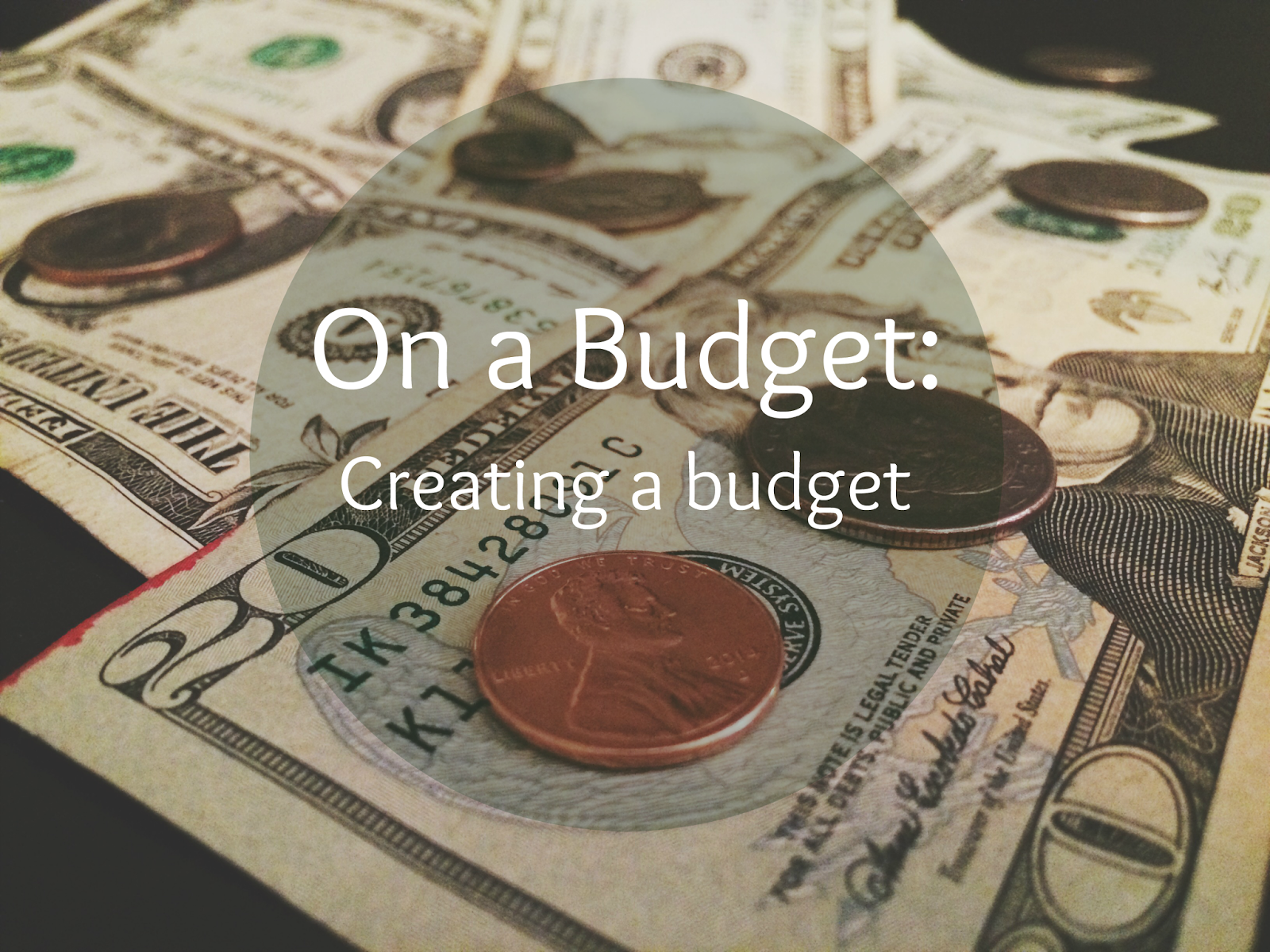The husband and I have lived off a single income for the past couple of years. The high cost of living in Colorado (and in general!) has really forced us to be savvy with our spending and saving. One of the ways we save money is by purchasing certain things at the dollar store.
I will be the first to tell you that not everything at the dollar store is a good deal. We bought foil there recently and you could hardly pull it out of the box without it tearing- no bueno. However, there are a handful of items that we regularly purchase there that are better deals than the grocery store. Check out the list below and see if there are any you would add!
1. Greeting Cards
I'll be honest with you- we are dollar card kind of people. I love the cute cards that I find at Walmart and Target but I just can't justify paying $4 for a piece of cardstock! The dollar card sections at these major retailers is usually pretty sad, so I prefer to shop at the dollar store.
In my once a month run to the dollar store I try to pick up cards for birthdays, anniversaries, weddings, and any other festivities that might be coming up in the next month. A lot of the cards are even 50 cents and I think they have a pretty good selection. I can get 5-10 cards for the price of one- now that's a deal!
2. Gift bags/tissue paper
I love giving cute gifts but can't justify paying an extra $5-10 in gift bags/tissue paper at the grocery store. The dollar store usually has a wide variety of gift bags and paper that works great and is super cute.
Along those same lines, I have bought wrapping paper at the dollar store and decided that it can be a better deal elsewhere. The quality of the wrapping paper isn't bad, but there wasn't much of it on a roll, so if you can find bigger rolls on sale somewhere that will usually be the better deal.
3. Helium balloons
This is where I feel like I've really hit the jackpot on deals. If you go to the grocery store, you'll pay at least $4 for an inflated helium balloon. Many dollar stores have a wide variety of helium balloons and they're all only $1! I get Alex balloons a lot (I consider it the man version of flowers), and most of them have come from the dollar store. I've gotten balloons for birthdays, Valentine's Day, anniversaries, and coming home parties; it's so fun and I feel like I'm getting an awesome deal!
4. Plastic ziplock bags
We use plastic ziploc baggies sparingly because they're expensive. We try to instead put things in reusable containers and plastic wrap or foil. I have found a brand of baggies at the dollar store that is 50 for a dollar. This is wayyyy cheaper than anywhere else I've looked, and the box of 50 goes a long way in our house!
5. Canned goods
Many times canned goods are over a dollar at major retailers. Things like Rotel, canned fruit, and canned chili are well over a dollar. However, at the dollar store they're (guess) only a buck. Even though they may only be a little over a dollar (i.e. $1.32) at the grocery store, add that up for several cans of goods and it adds up to several dollars worth! Canned goods can vary from store to store, so browse their selection and pick up what you can before you head to the grocery store!
------------
Depending on the trip I'll pick up other things at our dollar store including paper goods, cleaning supplies, and candy. The five above are the things that I regularly purchase. If you don't have a dollar store close to you, driving 20 miles out of the way probably won't be worth the savings, but if there's one close to you stop by and check it out sometime! I think you'll be surprised at the deals you find!
Do you shop at the dollar store? What other deals have you found?











